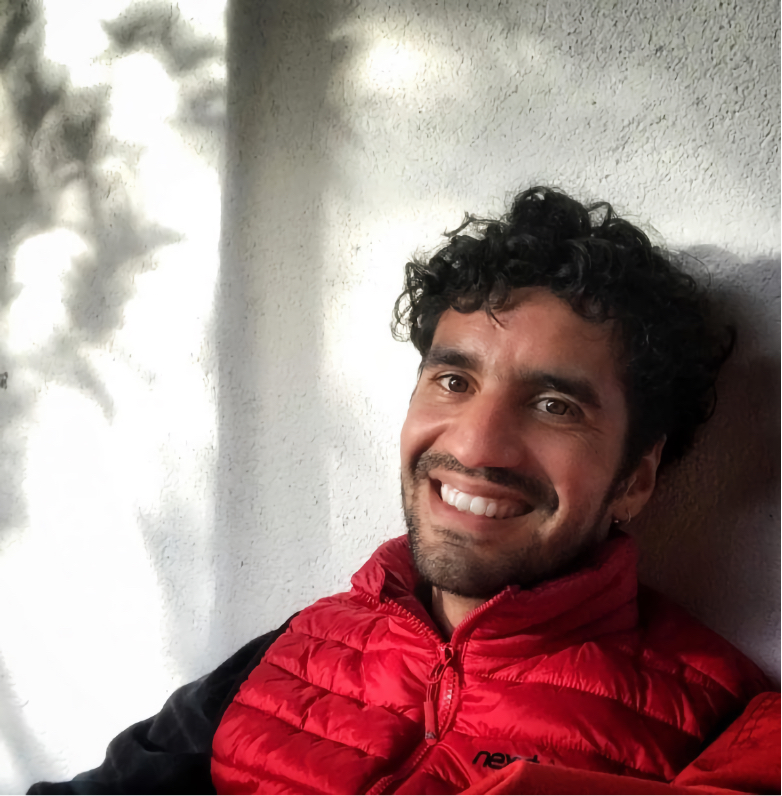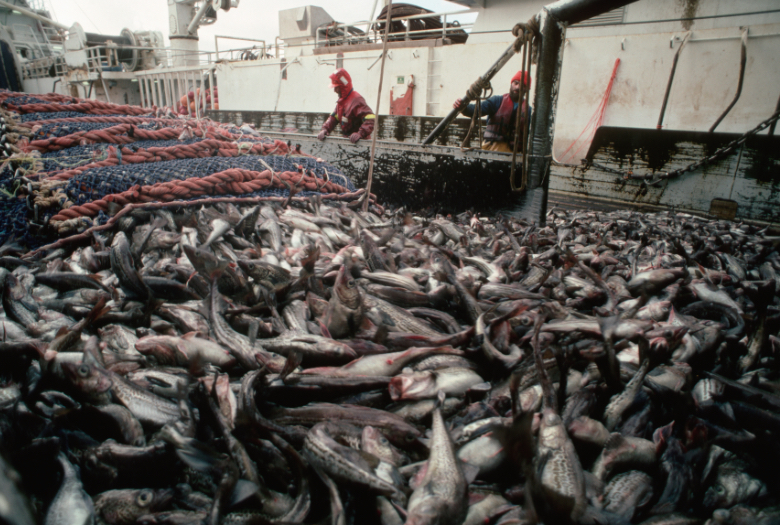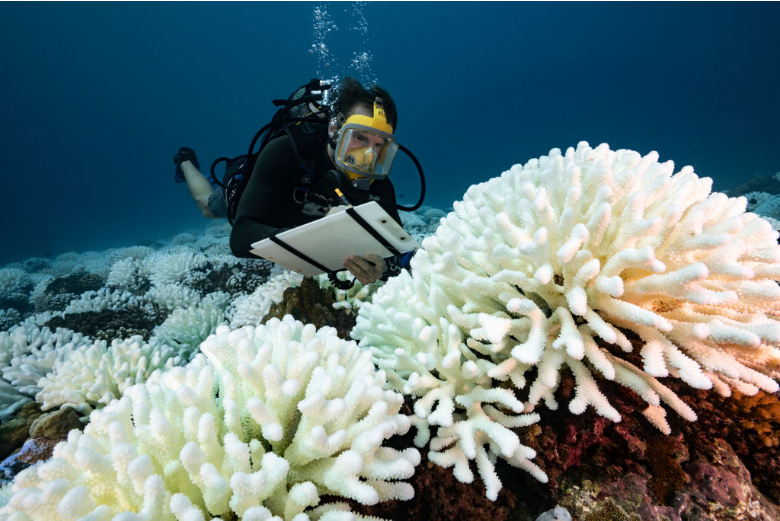Juliano Palacios Abrantes has spent nearly a decade researching the impact of climate change on seafood production systems. He sees an urgent need to stop “destructive practices” such as trawling and deep-sea mining, and advocates nature-based solutions and the creation of areas to protect underwater ecosystems.
Right now, the ocean is a pressure cooker—the metaphor applies to both its warming and the impacts—that feeds and economically sustains at least 3.3 billion people, a high percentage of whom live in developing countries. Juliano Palacios Abrantes (born in Rio de Janeiro, Brazil, in 1988) has spent nearly a decade researching how climate change affects seafood production systems. “The future of the ocean and the human communities that depend on it are at a crossroads as we engage in an increasingly intensive ocean economy,” he warns.

“The ocean has absorbed 90% of the additional heat produced by humans and 30% of the CO2 emitted since the Industrial Revolution. This has led to an increase in water temperatures and a decrease in dissolved oxygen and potential of hydrogen (pH), which is causing changes in productivity and other environmental variables,” explains Palacios Abrantes, a biologist from the Universidad Autónoma Metropolitana Unidad Xochimilco (Mexico City) with a Masters in Environmental Science and Management with a specialisation in coastal zones from the University of California Santa Barbara (USA).
“The ocean has absorbed 90% of the additional heat produced by humans and 30% of the CO2 emitted since the Industrial Revolution. This has led to an increase in water temperatures and a decrease in dissolved oxygen and potential of hydrogen (pH)”
While studying for his Master’s degree, Palacios Abrantes realised that there were many studies on the impact of global warming on terrestrial food production systems, but very few focused on the marine environment. “That was a turning point for me,” he says. It was an epiphany of sorts that led him to Canada to do a PhD in zoology at the University of British Columbia (UBC) in Vancouver. He is currently a postdoctoral fellow in the Changing Ocean Research Unit at UBC’s Institute for the Oceans and Fisheries.
Palacios Abrantes studies the impact of climate change on the distribution of marine species, especially transboundary species. “They have developed different strategies to adapt, such as physiological or lifestyle changes.” If adaptation is not possible, the species migrate. “Populations move, often away from warm equatorial or shallow waters to colder waters at higher latitudes or deeper waters, in search of their optimal environment,” he says. All this has consequences for associated fisheries.

“It is estimated that 60% of the ocean is experiencing an increase in the cumulative impact of human activities,” he says. Pollution, overfishing, habitat destruction. He sees an urgent need to stop “destructive practices that lead to biodiversity loss,” such as trawling and deep-sea mining. He calls for the reduction of greenhouse gases and intensive fishing as urgent and necessary conditions for rebuilding marine biomass.
In 2019, while working on his Master’s degree in Santa Barbara, he was a visiting lecturer and researcher at the University of Vigo (Spain) and collaborated with its Future Oceans Lab group on two projects: examining how fisheries quota allocation policies in European waters are unprepared for the effects of climate change, and scientifically substantiating the benefits for both biodiversity and fisheries of establishing Marine Protected Areas (MPAs) within the framework of the new treaty on Areas Beyond National Jurisdiction, called the BBNJ Agreement. The new treaty, also known as the “Treaty of the High Seas,” provides an opportunity to designate new MPAs in an area where less than 2% of the ocean is currently protected and where there has been no global legal instrument to designate them.
“Advances in big data and mathematical processing and modelling have driven ocean science globally, helping us to understand complex marine ecosystems”
“Advances in big data and mathematical processing and modelling have driven ocean science globally,” the researcher acknowledges. Examples include vessel tracking from satellite data (Global Fishing Watch), species presence/absence data from global repositories (GBIF and OBIS), marine species life history data from scientific publications (FishBase and SeaLifeBase). There are also mathematical models, such as Ecopath, to help understand complex marine ecosystems.

“But technology can also be dangerous,” he adds, referring to the possible side-effects of geoengineering solutions to climate change: shielding the Earth from the sun with giant umbrellas or artificial clouds, sinking millions of tonnes of seaweed to the ocean floor, artificially increasing the productivity of surface waters. “They could have unintended consequences, especially as these measures often treat the symptoms rather than cure the disease,” he argues.
“Geoengineering solutions to climate change, such as shielding the Earth from the sun with giant umbrellas, could have unintended consequences, especially as they often treat the symptom rather than cure the disease”
Palacios Abrantes is a strong advocate of nature-based solutions, or “using nature’s benefits and ecosystem services as a means to adapt, mitigate and become more resilient to climate change.” Healthy coastal mangroves and coral reefs can help cities withstand sea-level rise and more frequent and intense storm surges. Healthier fish stocks produce more fish per unit of effort. If the oceans are healthy, they can absorb more CO2 through natural processes such as biological pumping and carbon sequestration. “We don’t need all these fancy and expensive geoengineering programmes when we can rely on nature,” he enthuses.
His parents’ generation protested against wars and dictatorships, but they were not as environmentally aware as today’s generation, says the biologist and zoologist. He says this is because there is more information, which is more accessible, but also because the degradation is visible to the naked eye. “We see young people on the streets, protesting all over the world, speaking out in international forums,” he says. And organising around programmes such as the Sustainable Ocean Alliance, the UN Youth Advisory Group on Climate Change or the Regional Youth Conference for Latin America and the Caribbean. “They are more concerned about the planet and biodiversity,” he concludes.
Comments on this publication